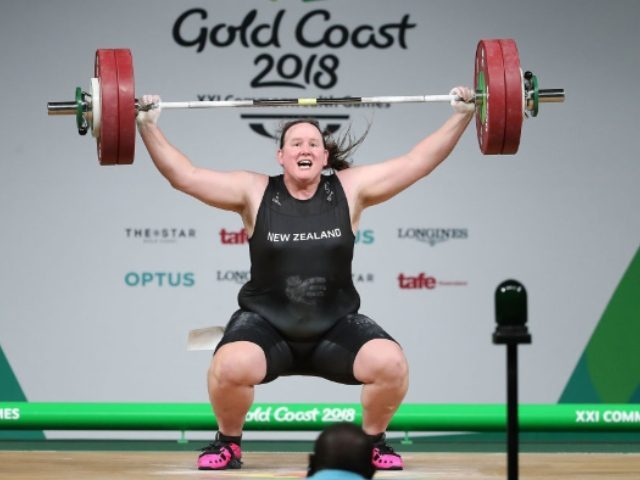A public policy professor at Georgia State University is speaking out about the debate on whether biological men who “identify” as women, or transgender women, should be allowed to compete against biological females.
Callie Burt says “No.”
“This is not debatable,” Burt said in a commentary in the Idaho Statesmen, a newspaper is the first state to put a law to protect female athletes from competing again transgender competitors.
Other states have also tried to address the debate through legislation, including Arizona. In Connecticut, three female athletes have filed suit against the state’s athletic group for allowing transgender females to compete against female athletes in the states’ high schools.
Burt wrote about how challenges to the Idaho law are misguided:
The ACLU announced a legal challenge to Idaho’s House bill 500, the “Fairness in Women’s Sports Act.“ Calling this legislation discriminatory, hurtful and anti-transgender, the ACLU suggested that this bill “bans trans girls from sports,” by “addressing a problem that does not exist.” Idaho ACLU Legal Director Ritchie Eppink noted “we have been fighting this hateful, unconstitutional legislation since it was introduced.”
They have been fighting it, but is it hateful, discriminatory and anti-trans? I submit it is not. Does it address a real problem? I submit that it does.
Sports are separated by sex because of male-female biological differences of which we are all aware. Starting before puberty and accelerating thereafter, males are stronger, faster, and bigger than females, on average, and it is not close.
Furthermore, this sex-difference isn’t about socialization or effort; it is about biology. Male physiology (muscle mass, greater hemoglobin, bone strength, hip shape, lower fat composition) is exceptionally advantageous for sport. As others have noted, the fastest female of all time has her world record beaten every year by high school boys. If sports were not sex-separated, there would be almost no college athletes, no professional athletes, and zero Olympic athletes for the vast majority of sports (e.g., track, swimming, tennis, basketball, soccer, cycling, ice skating racing, and so on). For female athletes to gain benefit from competitive sport, including the possibility of being on teams and winning occasionally, sports must be sex-separated. This is not debatable.
Burt than addressed the way the LGBT movement has tried to replace biological sex with “gender.”
“Gender (identity) is not a synonym for sex. People who are transgender experience a “sex-gender mismatch,” but they still have a sex, and it is on that basis that they are transgender,” Burt wrote. “People should not be discriminated against on the basis of gender, and transgender people deserve full human rights. There is, however no “human right” to opposite-sex provisions. In other words, maintaining sex-based rights is not discriminatory against people of the opposite sex (including transgender people).”
Burt is outspoken that she does not condone discrimination against anyone, including people based on their “gender identity.”
But, Burt argues, gender has nothing to do with it.
“Females are not disadvantaged versus males in sport because of their gender — being feminine (some aren’t) — or because of their gender identity — they feel female (some don’t, they just are), but because of their sex,” Burt wrote. “Allowing born males (trans girls or trans women) into girls’ and women’s sports makes no sense, because gender is irrelevant to sport.”
Burt wrote that the Idaho law is not “hateful” and the premise of the ACLU claims is false.
“Furthermore, the ACLU claims HB500 bans trans girls from sport; that’s false,” Burt wrote. “It bans born males from competitive female athletics, which is, in my view, justifiable policy based on the latest scientific evidence about male advantages in sport.”
Burt notes that there also are eligibility requirements for other sports, including Paralympics or age-grouped competitions.
“Females’ sex-based rights matter, and for sports at least, gender is irrelevant,” Burt concluded.
Follow Penny Starr on Twitter

COMMENTS
Please let us know if you're having issues with commenting.